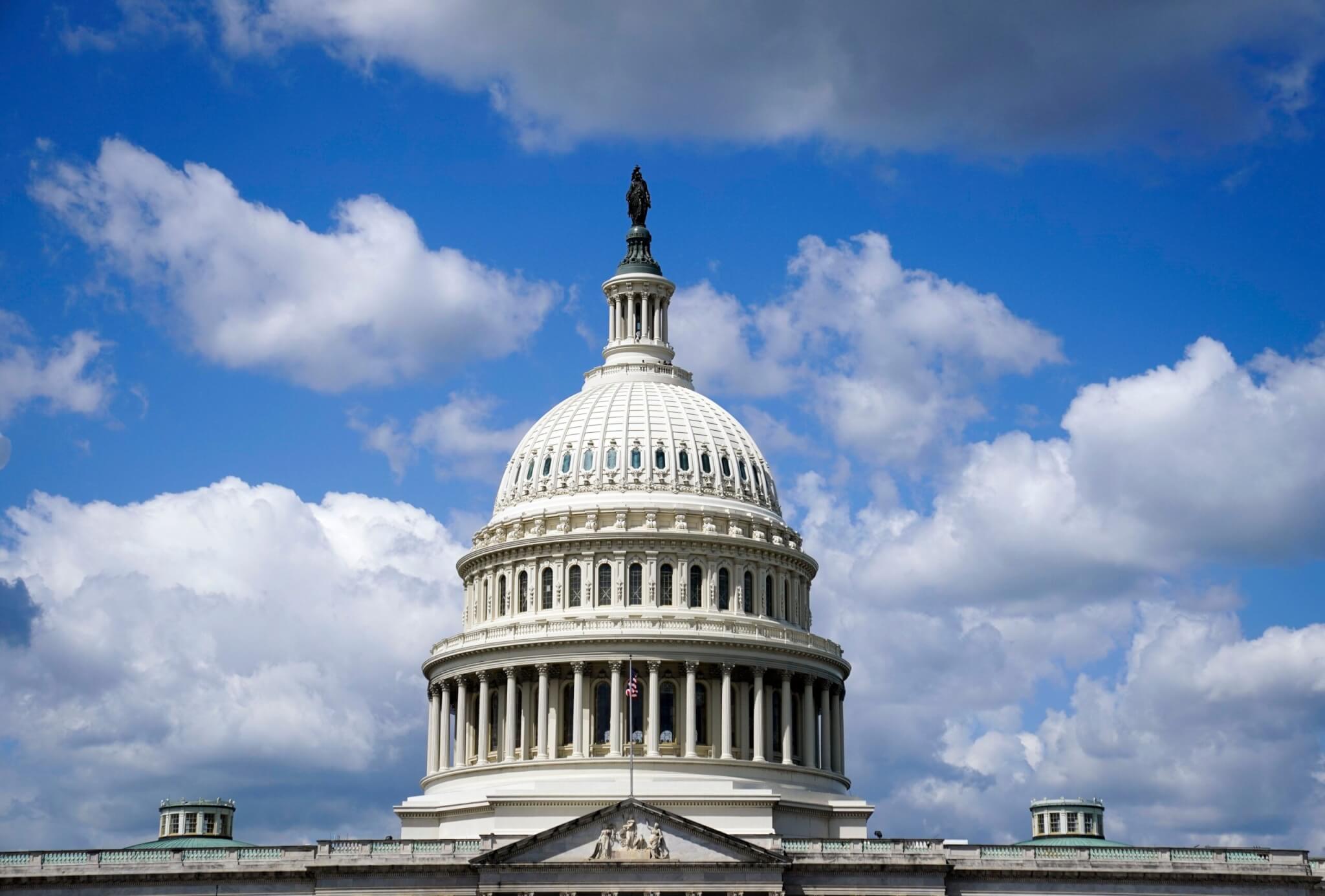
- A bill has been filed in the U.S. House of Representatives to ban election betting
- U.S. Representatives Andrea Salinas (OR-06) and Jamie Raskin (MD-08) introduced the Ban Gambling on Elections Act
- Bill would amend the Commodity Exchange Act
Two U.S. House of Representatives members are looking to put an end to any momentum election betting may have gained over the last year.
U.S. Representatives Andrea Salinas (OR-06) and Jamie Raskin (MD-08) introduced the Ban Gambling on Elections Act to prohibit betting on U.S. elections. The bill would effectively amend the Commodity Exchange Act, a law regulating the trading of commodities and futures in the the country.
The introduced legislation comes less than three months after Kalshi and ForecastEx took millions of “bets” on the presidential election and DraftKings leadership expressed interest in doing the same in four years.
Election Betting Sets “Dangerous Precedent”
The bill is the House companion to U.S. Senator Jeff Merkley’s (D-OR) legislation in the Senate.
The mechanism of wagering on president outcomes, which is typically labeled as “trading event contracts,” is regulated differently than sports betting markets. Sports betting is regulated by state gaming regulators and commissions, while the prediction markets are regulated by the Commodity Futures Trading Commission.
Companies such as Kalshi will offer “contracts” to users, with prices for each contract reflecting demand from traders. Each prediction market contract matches a buyer and seller for each bet, while prices of the contracts fluctuate based on trading activity and market valuations.
In a release, Salinas said election betting incentivizes bad actors to influence or interfere with America’s elections systems.
“We cannot play roulette with our democracy by allowing this kind of wagering without a thorough accounting of the potential consequences. That is why I am proud to introduce legislation with Congressman Raskin and Senator Merkley that would ban individuals from gambling on our elections. I will also continue working to provide more federal resources for gambling addiction treatment and research. While sports betting and online gambling have become permanent forms of American entertainment, we must acknowledge and help mitigate the harm caused by related addictions,” she said.
After the election, Kalshi noted on X that it did more than $1 billion in trading volume for the election.
Federal regulators last year tried to bar users from taking contracts on elections. However, a U.S. appeals court in October allowed trading to resume on the presidential election.
DraftKings Expressed Election Betting Interest
In DraftKings’ Q3 2024 report to stockholders, CEO Jason Robins said the company would likely explore the opportunity to offer “trading event contracts” on presidential elections.
“I think it’s a very interesting thing. The dominant market within that is election markets, of course, and particularly during presidential elections. So, I know there’s a lot of attention on it over the last few weeks,” Robins said during the earnings call.
Raskin said the proposed legislation will help raise trust in the electoral system.
“With distrust in our electoral system at an all-time high, we must crack down on gambling in all U.S. elections. Our democracy demands reliable and transparent processes to cast ballots and tally results, not a horserace clouded by gambling odds and bets placed,” Raskin said.
The House of Representatives recently introduced a federal bill that aims to prohibit election betting in the United States. The bill, known as the Election Betting Integrity Act, seeks to address concerns about the potential for corruption and manipulation in the electoral process.
Election betting, also known as political betting, is a form of gambling where individuals wager on the outcome of political events such as elections. While some argue that election betting can be a fun and engaging way to participate in the democratic process, others are concerned about the potential for negative consequences.
Proponents of the bill argue that election betting can undermine the integrity of the electoral process by incentivizing individuals to manipulate or influence the outcome of elections for financial gain. They also point to the potential for foreign interference in U.S. elections through the use of election betting markets.
Opponents of the bill, on the other hand, argue that election betting is a form of free speech and should be protected under the First Amendment. They also contend that prohibiting election betting would be difficult to enforce and could drive it underground, making it even more difficult to regulate.
The Election Betting Integrity Act would make it illegal for individuals or entities to accept bets on the outcome of any federal election. Violators would face fines and potential imprisonment. The bill would also require online platforms that host election betting markets to take steps to prevent U.S. residents from participating.
The introduction of this bill comes at a time when concerns about election integrity are at an all-time high. With the rise of misinformation and disinformation campaigns, as well as foreign interference in U.S. elections, many lawmakers are looking for ways to protect the integrity of the democratic process.
While it remains to be seen whether the Election Betting Integrity Act will ultimately become law, its introduction has sparked a debate about the role of gambling in politics and the potential risks associated with election betting. As the bill makes its way through the legislative process, it will be important for lawmakers to carefully consider the potential implications of prohibiting election betting in the United States.